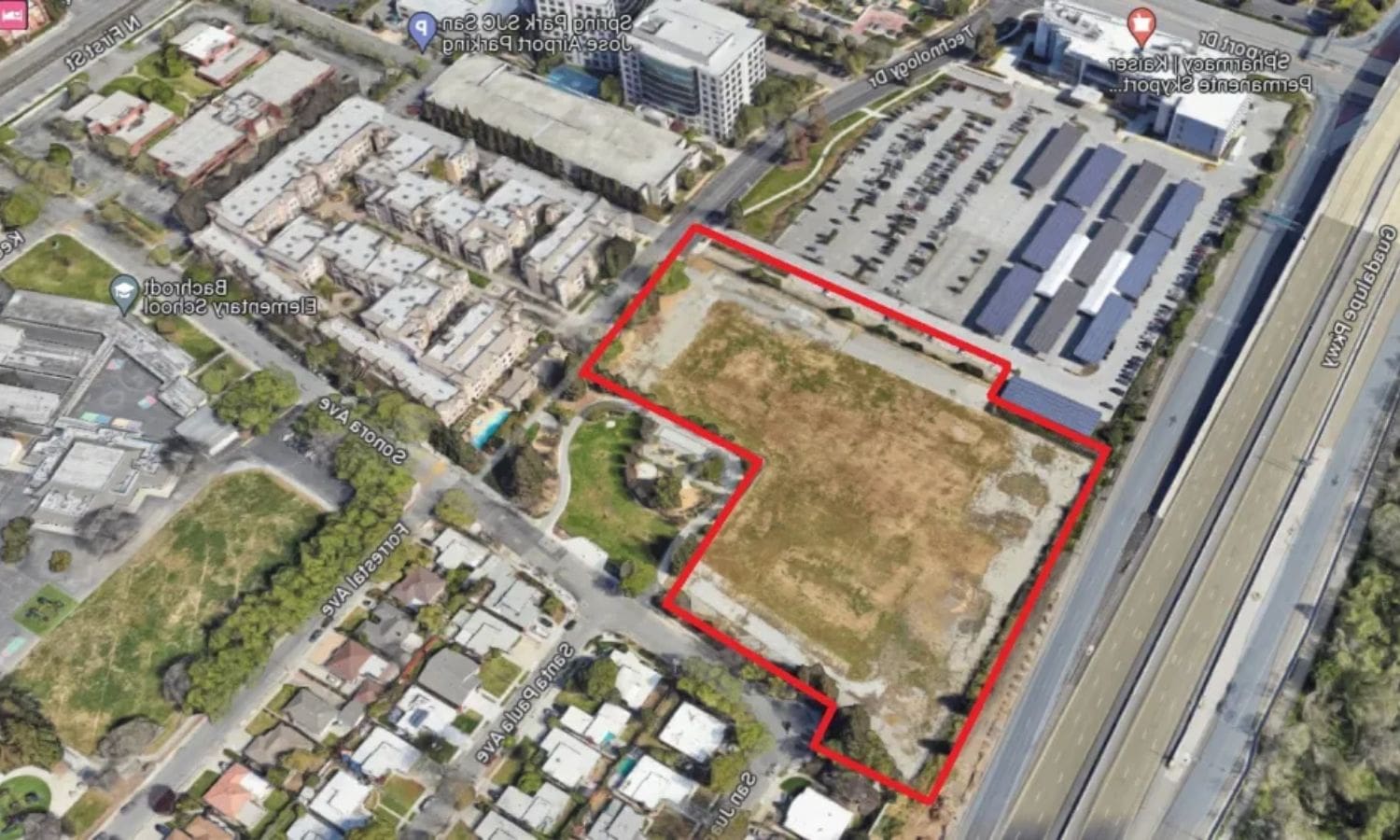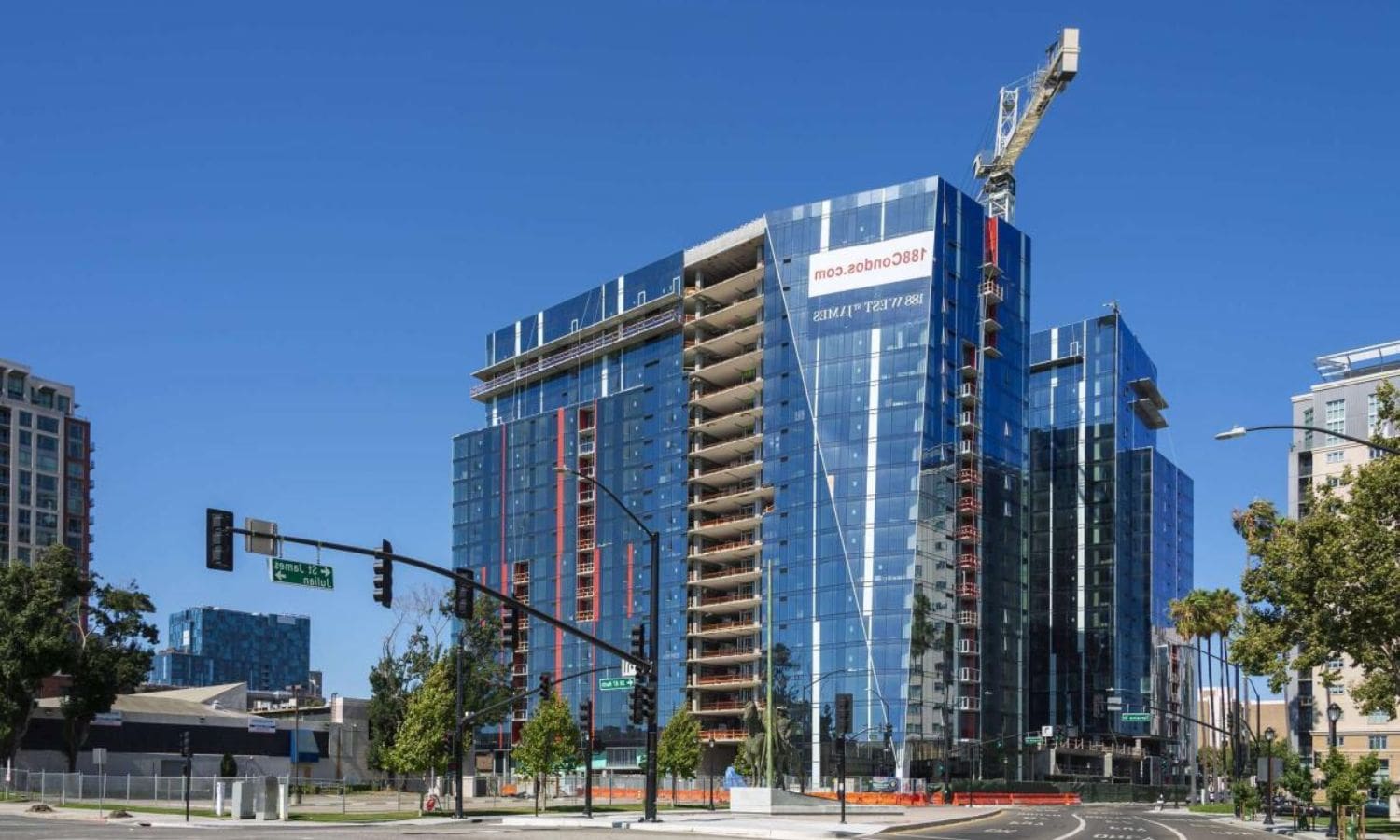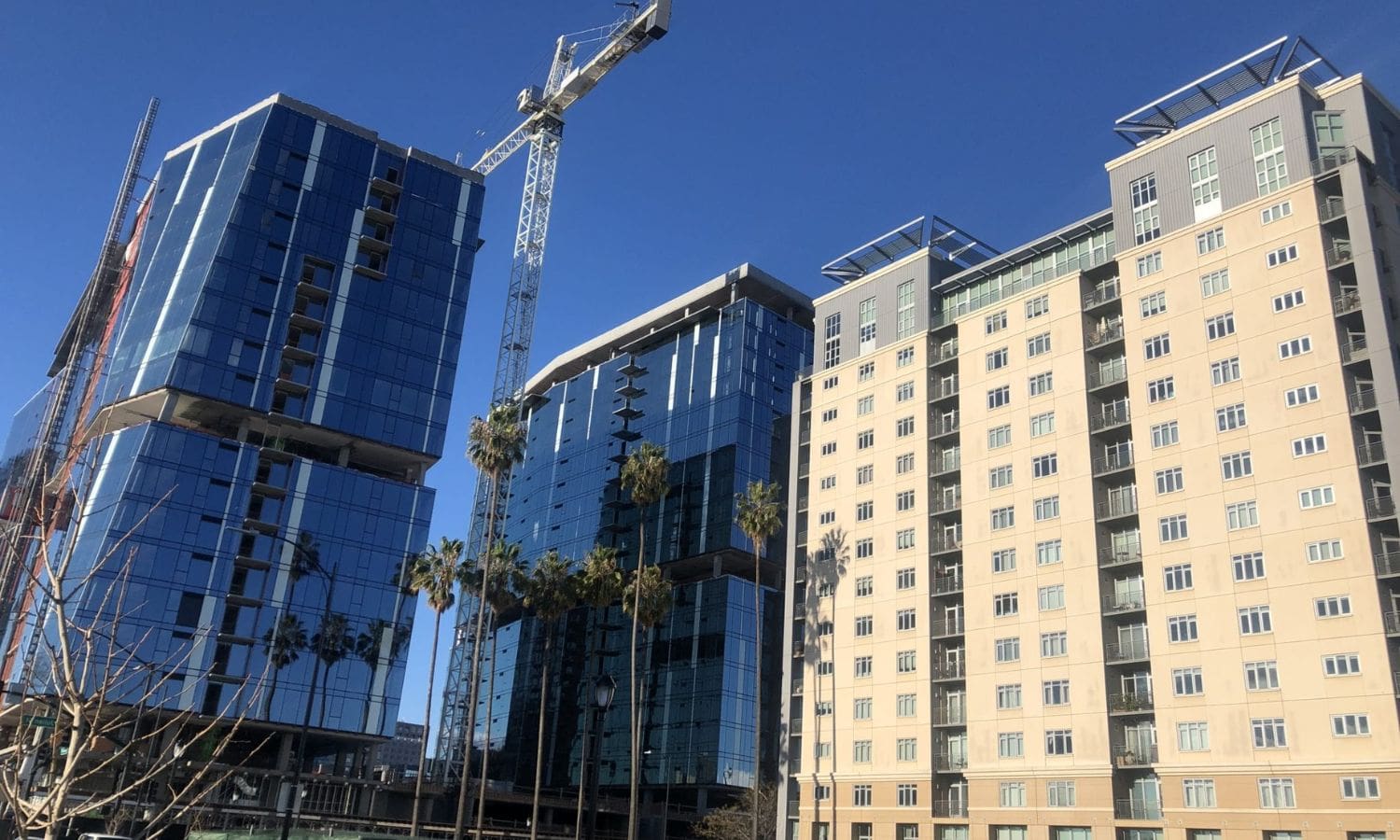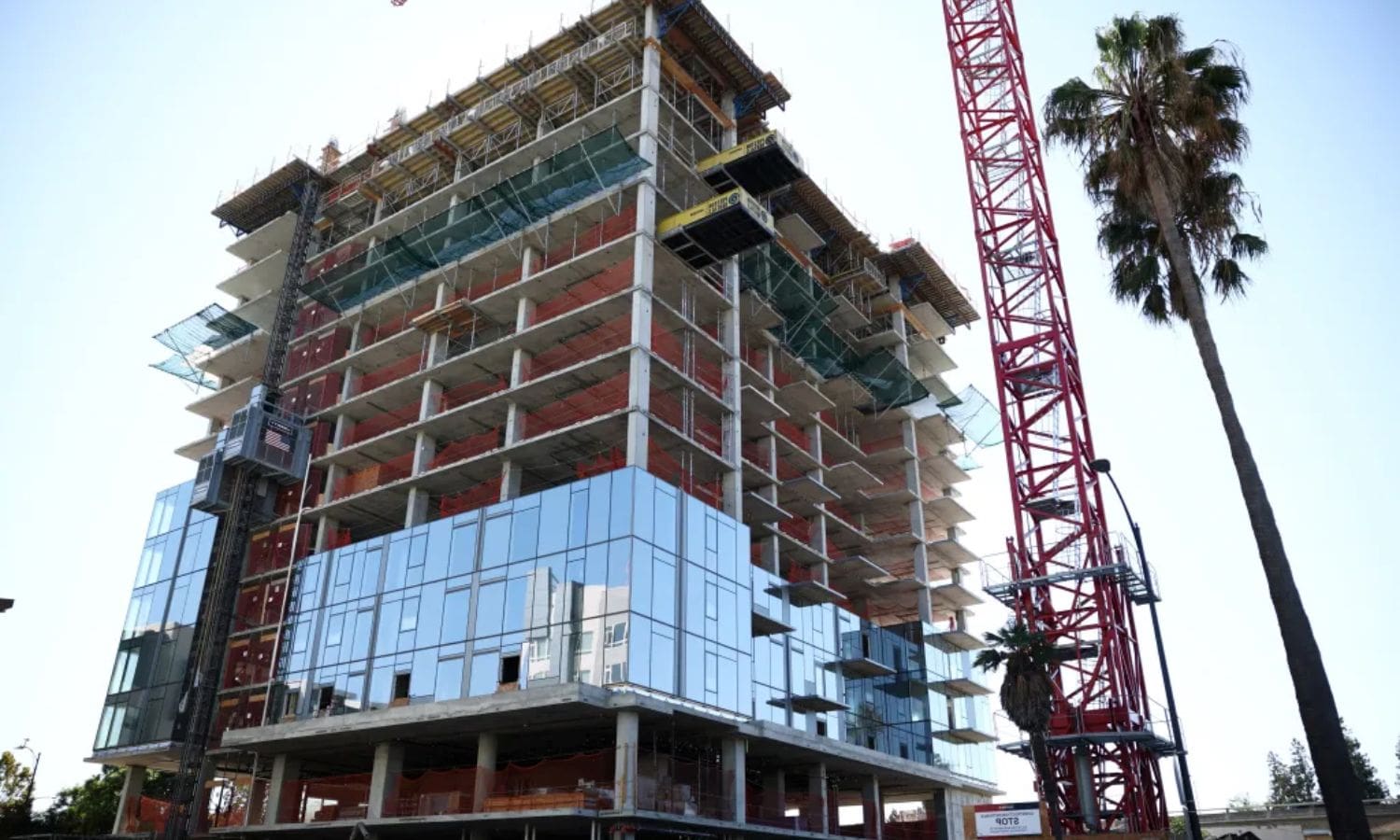San Jose Fight Against Construction Wage Theft: In the ongoing battle against construction wage theft, the city of San Jose has taken a bold step forward. With a new ordinance in place, the city aims to protect workers from exploitation and ensure they receive fair compensation for their labor.
The rationale behind the ordinance, its key components, and the support and opposition it has garnered. Additionally, the potential impact on the community and the factors that influenced the decision-making process.
Key Takeaways Of San Jose Fight Against Construction Wage Theft
- San Jose is dealing with a significant issue of construction wage theft, prompting the need for action.
- The proposed ordinance aims to increase transparency, accountability, and deterrence in the construction industry regarding wage theft.
- Advocates argue that the ordinance will protect workers, promote economic growth, and ensure fair compensation.
- However, opponents express concerns about increased costs, delays, and potential negative impacts on investment and development.


Also Read: Newsom Tiny Home Initiative: Building Progress for California’s Homeless
Introduction and Context:
The introduction and context of San Jose’s fight against construction wage theft can be understood through an examination of the proposed ordinance and the City Council’s upcoming review.
San Jose, like many other cities, has been grappling with the issue of wage theft, particularly in the construction industry. Wage theft refers to the illegal practice of employers withholding wages or benefits from their workers. It is a serious problem that affects the livelihoods of many hardworking individuals and undermines the integrity of the labor market.
To tackle this issue, the City Council has proposed an ordinance aimed at preventing and addressing wage theft in the construction sector. This ordinance is currently under review and is scheduled to be discussed on January 23, 2024. The outcome of this review will have significant implications for workers’ rights and the overall economic landscape in San Jose.
Rationale and Background:
To understand the rationale and background behind San Jose’s fight against construction wage theft, it is important to examine the motivations driving the proposed ordinance and the City Council’s efforts to address this pervasive issue. The origins of this proposal can be traced back to a 2017 wage theft scandal, which exposed the exploitation of workers in the Silvery Towers development.
It was discovered that forced labor conditions were prevalent, with workers being denied fair wages and subjected to hazardous working conditions. The proposed ordinance aims to prevent developers and contractors with unresolved wage violation issues from proceeding with construction projects. This proactive approach seeks to hold accountable those who engage in wage theft and prioritize the rights and well-being of construction workers.
| Motivations | City Council’s Efforts | Proposed Ordinance |
|---|---|---|
| Combat wage theft | Establish a task force | Prohibit violators from new projects |
| Protect workers’ rights | Increase penalties for violators | Require contractors to disclose wage records |
| Ensure fair compensation | Strengthen enforcement mechanisms | Provide remedies for victims of wage theft |

Key Components of the Ordinance:
One of the key components of the ordinance is the requirement for contractors to disclose wage records. This provision aims to increase transparency and accountability in the construction industry by ensuring that workers are paid fair wages. By mandating the disclosure of wage records, the ordinance enables local authorities to verify that contractors are complying with applicable wage laws and regulations.
This provision also serves as a deterrent to wage theft, as contractors who engage in such practices will be more likely to face consequences. Additionally, the requirement for wage record disclosure allows workers to easily access information about their own wages, empowering them to assert their rights and seek remedies if they suspect they have been underpaid.
Support and Opposition:
Support and opposition for the ordinance can be seen from various stakeholders involved in the construction industry. Here are the key points that highlight the perspectives on both sides:
Support:
- Advocates for worker protection argue that the ordinance is crucial in combating wage theft, ensuring fair compensation, and improving working conditions for construction workers.
- Labor unions and worker advocacy groups believe that this measure will deter unscrupulous employers from exploiting vulnerable workers and create a level playing field for responsible contractors.
- Supporters also emphasize the positive impact on local communities, as fair wages lead to increased spending power and economic growth.
Opposition:
- Developers and contractors express concerns about the potential drawbacks of the ordinance, citing increased project costs and delays.
- Opponents argue that the ordinance may deter investment and hinder development in an already expensive area, making it harder to address the housing crisis and infrastructure needs.
- Some critics also claim that existing labor laws are sufficient and that the ordinance unfairly burdens responsible businesses.
It is important to consider the perspectives of both sides as San Jose navigates the complex issue of construction wage theft.
Community Impact and Council Considerations:
As the discussion on San Jose’s fight against construction wage theft continues, it is essential to address the community impact and considerations of the city council. Wage theft not only affects individual workers but also has broader implications for the community as a whole. When workers are not paid their rightful wages, it not only leads to financial hardship for them and their families but also contributes to a cycle of poverty and economic inequality. Additionally, wage theft undermines the integrity of the construction industry and erodes trust among workers, contractors, and developers.
The city council must carefully consider the potential consequences of their actions and the steps they take to combat wage theft. They need to strike a balance between enforcing fair labor practices and ensuring that contractors and developers are not burdened with excessive regulations that could hinder economic growth. It is crucial for the council to engage in open and transparent dialogue with all stakeholders, including workers, contractors, developers, and community organizations, to develop effective strategies that protect workers’ rights while promoting a healthy and thriving construction industry.
To provide a clearer picture of the community impact and council considerations, the following table outlines the key factors at play:
| Community Impact | Council Considerations |
|---|---|
| Financial hardship for workers and their families | Balancing fair labor practices with economic growth |
| Cycle of poverty and economic inequality | Ensuring transparency and open dialogue with stakeholders |
| Erosion of trust among workers, contractors, and developers | Developing effective strategies to protect workers’ rights |
| Undermining the integrity of the construction industry | Avoiding excessive regulations that hinder economic growth |

Conclusion Of San Jose Fight Against Construction Wage Theft
San Jose’s fight against construction wage theft has been driven by the need to protect workers’ rights and ensure fair compensation for their labor.
The city’s ordinance, with its key components such as increased transparency and stricter penalties, aims to address this issue effectively.
While there has been some opposition, the overall community impact is expected to be positive, with improved working conditions and a stronger construction industry in the city.

